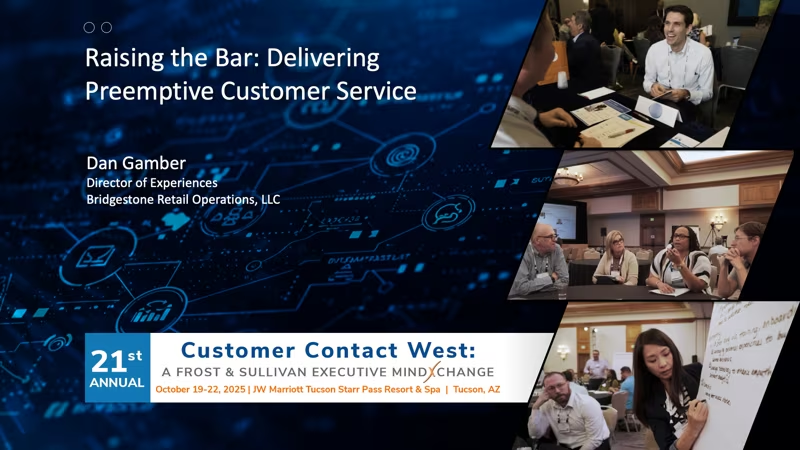It seems that today, culture is the new buzzword. This is demonstrated in many ways at various companies. It is not uncommon to see plaques placed throughout a building identifying the organization’s values and culture. It is a positive trend to see there is more awareness about this than in decades gone by. But, let’s take a moment to look within the organizations displaying these plaques. The question becomes, are they living the words on the wall? It is not uncommon to see that, in fact, they are just words on a wall.
Now, let’s look at call centers. Typically, this department has the most touchpoints with the customers, yet, it’s often looked at as being just a cost center. How then does a call center define, and more importantly live into, the culture?
Let’s start with how we define culture. Depending on the industry, the hours of operation, the languages spoken or many other specifics, the culture will be different for each one. Those specifics may change some elements of the center, such as the furniture design, the colors on the wall or other aesthetics. Yes, what is true for any center is that the most important part is the people in it. The people who are on the phones every day, trying to solve the issues of whoever is calling in. The workers listening to problems all day long. What cultural attributes would be meaningful and valuable to them? Trust, respect, care, support, meaningful praise, clear direction, and honesty. For the sake of conversation, let’s call that a people-centric culture.
So now, the question is, how is this created? It is something that is intertwined in everything you do. All call centers I’ve seen are busy and at times, chaotic. They are dealing with challenges from a variety of fronts, so it is common to feel that time is limited and fleeting. If someone needs your time and attention, give it to them. Be generous with your time, your attention, and thoughtful of your response and direction. You’ll find that you will create trust and as others observe you, they will learn to mimic your behavior. Hopefully, before you know it, that modeled behavior has permeated the center.
Trust is one of the most important foundations to a strong culture. In every communication (verbal or written) there is the opportunity to demonstrate trust and respect. This is most important during crucial conversations. Maintaining a clear view of the desired outcome, letting go of negativity, blame or frustration will ensure that the communication is on point, effective and most importantly, respectful of the other person. You see, no one ever improves with frustration or negativity, and it is sure to erode the culture.
No one person owns culture, but the cultural tone and sincerity are definitely modelled by leadership. Culture is a daily practice, and everyone contributes to it. Employees are either building or eroding it. Culture is a long-term commitment, which will yield high dividends. Traditionally, call centers do not pay high wages and yet, if there is an authentic people-centric culture, attrition will be low, quality will be high and employees will rally to meet their KPI’s because there is a pride and purpose in what they do.
Rolando Salinas is a Senior Operations Executive with over 24 years of leadership experience including a track record of exceeding business objectives, implementing process improvements, and developing innovative strategies to drive profitability.
Rolando’s leadership skills include the ability to inspire and coordinate disparate groups and individuals across the organization. Before becoming Senior Director, Global Customer Care at Arbonne, he was Director, Strategic Consulting at Eventus Solutions and Group and Managing Partner at Aligned Solutions.



